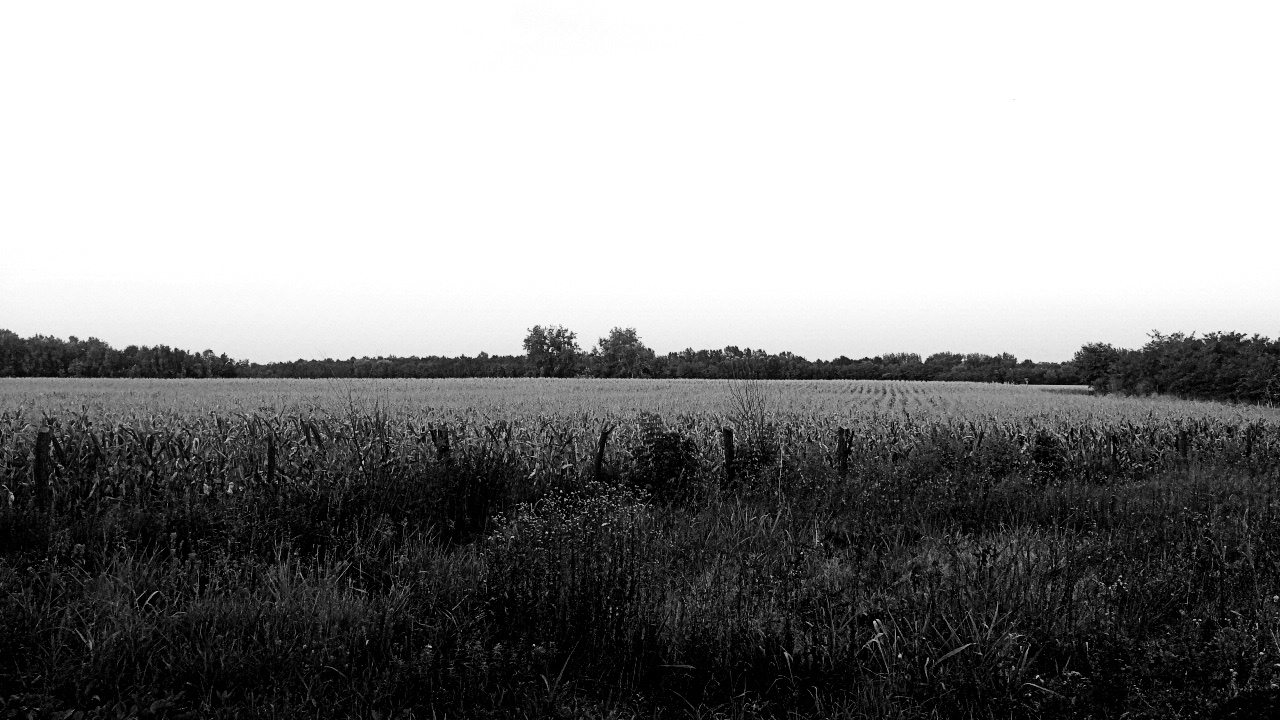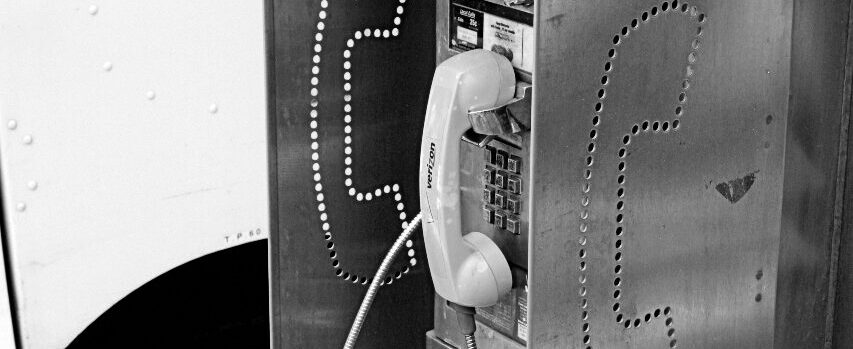Balancing the Scales after Deceit
A law of nature dictates that energy always tries to balance itself, like a scale that’s always moving to the middle, which is the most natural, comfortable and peaceful position: homeostasis. Call it physics, biology, whatever you like, but this law also applies to all the energy that humans put out into the world. Today, in the Dutch media landscape, the scales have been tipped toward a gigantic imbalance that can only be restored by building new media initiatives.
For more than a decade, Dutch media brands have been gradually diluting their ethical standards, not unlike Google removing in 2015 the ‘Don’t be evil’ code of conduct that had defined their company culture since 2000. In media and technology, slowly letting go of inconvenient or unprofitable standards has been an important trend happening mostly behind the scenes.
The public didn’t know about any of this moral decay until it started to become increasingly obvious. People noticed when magazine advertisements started to look more and more like news articles, or when ‘paid promotion’ became increasingly finer print, or when once esteemed newspapers started writing click-bait social media posts. Or when the most trusted journalists started contradicting their own reporting, and people verified with their own eyes and ears that the news was either wrong, leaving important facts and stories out, or straight-up lying. Or when increasingly hateful and divisive columnists triggered people’s emotions to get more clicks. Or when the leaders of media companies started saying out loud that sometimes, it’s best not to question the government and that people are not always able to think for themselves. Or when even the media’s rectifications shifted blame rather than take responsibility.
It’s not a coincidence that these developments unfolded at a time in which smaller national media companies were acquired by multinationals. Ninety percent of all Dutch media brands, including websites and local outlets, are part of Mediahuis and DPG, two large Belgian conglomerates. Recently, ANP, the main news wire service in The Netherlands, was bought by an almost-billionaire who says fundamental human rights such as freedom of speech and freedom of information are a threat.
It’s also not a coincidence that the moral decay of Dutch media unfolded at a time in which two main companies conquered almost all global market share of websites that people use to connect, share and interact with each other. Media companies may create content, but social media companies have gained so much power that the media has lost all independence regarding distribution and reach. In other words, media and technology are simply holding each other at gunpoint.
The good ‘news’ is that all imbalances are eventually restored. The bad ‘news’ is that balance can be restored only after the old is torn down and the new is built. The time that passes in between is like winter, a power vacuum full of unpredictable risk. That’s another beautiful law of nature: everything is cyclical.



